The workshop was chaired by Director of the Domestic Market Department Phan Van Chinh, with the participation of representatives of the Vietnam Petroleum Association, representatives of the Association of Small and Medium Enterprises, petroleum enterprises and a number of economic experts.
Need to consider and calculate carefully
Speaking at the workshop, Mr. Nguyen Ngoc Quynh - Deputy General Director of the Vietnam Commodity Exchange (MXV) said that in the world , transactions through the Commodity Exchange are for the purpose of price insurance and investment. In Vietnam, current legal regulations are the same, with no restrictions on the subjects and purposes of participating in transactions at the Commodity Exchange.
In Vietnam, the Ministry of Industry and Trade has allowed the trading of products such as crude oil and natural gas to be piloted at MXV from May 2020 to May 2024. The pilot trading process took place safely and stably, without any incidents, initially attracting the attention of many investors, and being an important information channel for management agencies and press agencies.
However, it has not attracted many businesses to participate in transactions because the policy is not stable. The decision to allow pilot transactions on a yearly basis, after which it must be extended, the pilot will stop from May 27, 2024 for unclear reasons. Decree 83 allows businesses to trade through the Commodity Exchange, but the amended Decrees remove this provision.
Besides, the Ministry of Finance has not yet had a policy on accounting and bookkeeping regime for enterprises participating in transactions at the Commodity Exchange in general and petroleum trading enterprises in particular.
In that context, Mr. Nguyen Ngoc Quynh said that the establishment of a Petroleum Exchange needs to be carefully and comprehensively considered and evaluated. Because currently, the highest cost of petroleum, up to 65%, is the world price, the rest is taxes and fees. Meanwhile, the whole country has only 2 petroleum production enterprises, the rest are imports.
Mr. Nguyen Xuan Hung - Deputy General Director of Vietnam National Petroleum Group (Petrolimex) explained further that currently, the world has only two successful typical petroleum trading floors: the Chicago Exchange (USA) for the WTI crude oil market and the London Exchange for Brent crude oil. These two floors are successful because they have created a large enough "playground", with a large enough volume of petroleum, with buyers and sellers...
Even China - the world's second largest oil market - previously wanted to establish such a floor, but was unsuccessful.
“So if Vietnam establishes a Petroleum Exchange, will it be able to operate independently from the world's exchanges? I think not because although Vietnam is a country that exports crude oil and has an oil refinery, it still has to import a large amount of crude oil for refining and to meet domestic demand. That means domestic prices cannot be independent and cannot be unaffected by world prices,” said Mr. Nguyen Manh Hung, adding: “Currently, the biggest influencing mechanism is that the state is still regulating petroleum prices. As long as the state still regulates petroleum prices, trading on the exchange will be difficult. “For example, today crude oil prices have dropped sharply. If trading on the exchange, the exchange price will be higher than the market price and businesses will have to wait until the next adjustment period to adjust prices. Therefore, trading will be difficult,” Mr. Hung explained.
In addition, the trend of the world's exchanges is to make future deliveries. A shipment traded on the exchange today can be received 15 or even 45 days later. That is, the biggest effect of the Petroleum Exchange is to insure the price for businesses.
On the experts' side, Associate Professor Dr. Ngo Tri Long expressed his opinion that the peculiarity of the Vietnamese petroleum market is that prices are regulated by the State. Meanwhile, if a petroleum exchange is established, it must comply with international regulations and cannot be "one market". At the same time, establishing an exchange also requires huge costs, from investment in network security systems, software, operating personnel, management and supervision personnel, etc.
Therefore, in the short term, this expert believes that Decree 83/ND-CP on petroleum trading once allowed key trading enterprises to use derivative instruments and operations to hedge prices. However, the later amended Decrees have removed this provision. Because petroleum is a conditional business, it is necessary to bring this provision back into the new Decree on petroleum trading in the direction of: Allowing all petroleum trading enterprises to transact at MXV to hedge prices.
“In the immediate future, we should allow the interconnected trading of energy products at MXV, as the Ministry of Industry and Trade has allowed MXV to pilot listing and trading from May 2020 to May 2024, to meet the needs of petroleum price insurance and investment of all economic sectors. From there, we will continue to research and consider how to establish a petroleum trading floor that is suitable for reality,” said Associate Professor, Dr. Ngo Tri Long.
From another perspective, Associate Professor Dr. Dinh Trong Thinh emphasized: "If the goal is to establish a petroleum trading floor like the international one, it is certainly not possible in Vietnam. But if a trading floor model is formed as a place for key enterprises, retailers, and petroleum distributors to trade together, it will be a physical petroleum trading center model, which will be different from the commodity trading floor model."
Define the Exchange model
Discussing how the Petroleum Exchange will operate, a representative of the Vietnam Association of Small and Medium Enterprises said that the desire of businesses, especially small and medium enterprises, is to have a petroleum exchange following the model of current e-commerce platforms. There, key businesses publicly announce prices so that retail distribution businesses can buy. Everything is public and transparent.
However, many opinions say that such a model is not an Exchange model according to international practice.
Mr. Trinh Quang Khanh - Permanent Vice President and General Secretary of the Vietnam Petroleum Association stated that allowing businesses to participate in the exchange is a correct policy, we need to try to do it, but to build and operate an effective petroleum exchange, meeting the set goals, it is necessary to conduct careful research, have consensus from all levels and sectors and the capacity of businesses to operate effectively.
“When there is a Petroleum Exchange, we must also consider how the state manages this commodity. Because when the exchange is established, the state pushes the price for businesses to decide. So when the price fluctuates erratically, what should we do? Not to mention, what about the issue of circulating reserves of businesses and national reserves when this issue is closely related to national energy security? In addition, is it necessary to separate the Petroleum Exchange or integrate it into the transaction of many other commodities? All of these answers need to be answered. Therefore, for now, the Association only recommends that the Government allow businesses to trade through the Vietnam Commodity Exchange using derivatives to insure prices, but has not yet recommended the establishment of the Petroleum Exchange,” Mr. Khanh shared.
Concluding the workshop, Mr. Phan Van Chinh - Director of the Domestic Market Department - Ministry of Industry and Trade said that this is the first workshop that the Ministry of Industry and Trade has organized to listen to the opinions of Associations, businesses, and experts on the establishment of a Petroleum Exchange in Vietnam. Although the opinions are still in the initial stages, they are very interesting. The Ministry of Industry and Trade will seriously consider and continue to collect opinions from businesses and associations to both seriously implement the Government's direction and consider and research to establish a model suitable for Vietnam.
Source: https://moit.gov.vn/tin-tuc/thi-truong-trong-nuoc/bo-cong-thuong-to-chuc-hoi-thao-ban-vic-thanh-lap-san-giao-dich-xang-dau-tai-viet-nam.html


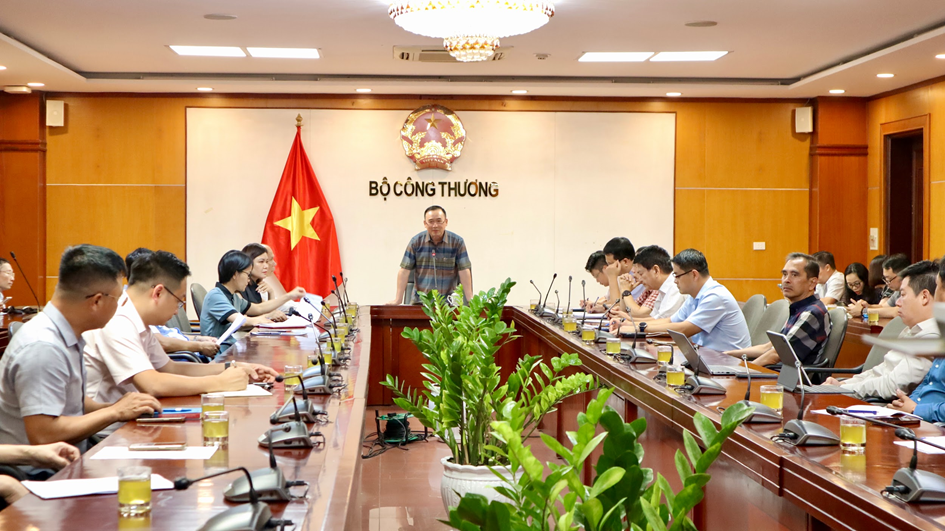
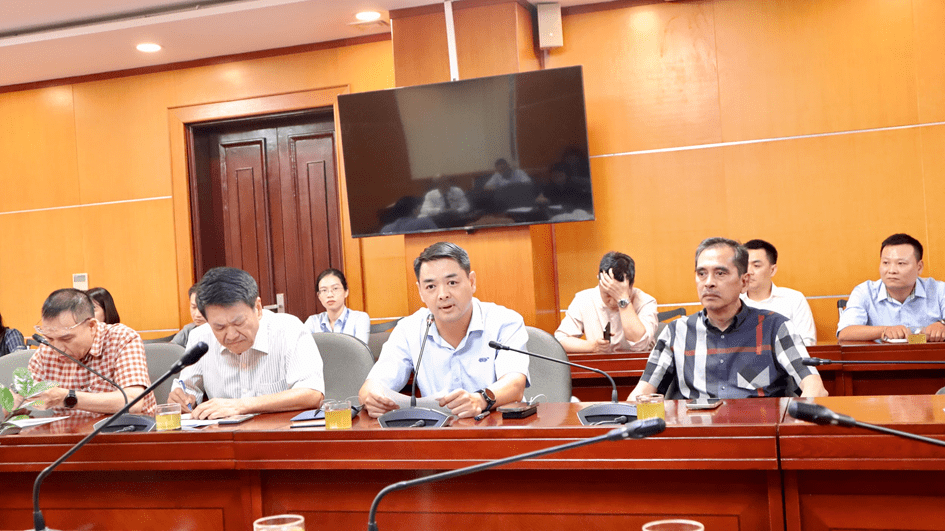
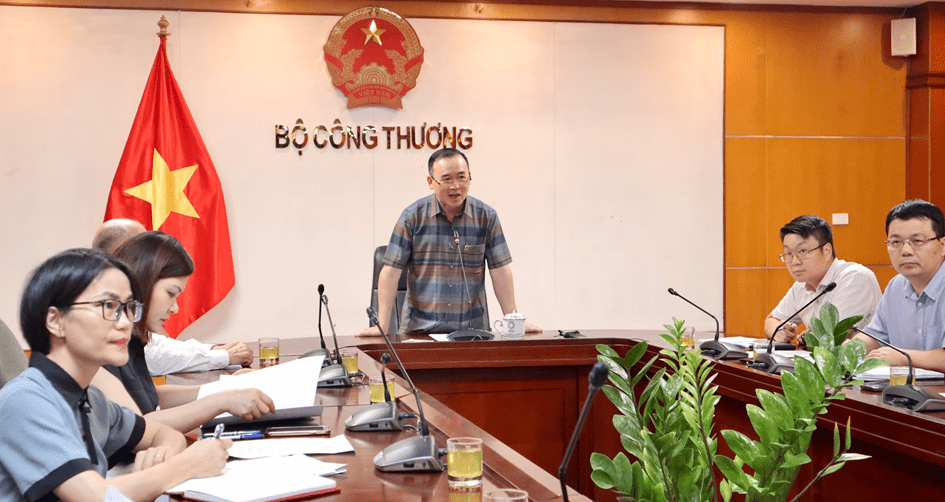
![[Photo] Ca Mau "struggling" to cope with the highest tide of the year, forecast to exceed alert level 3](https://vphoto.vietnam.vn/thumb/1200x675/vietnam/resource/IMAGE/2025/11/04/1762235371445_ndo_br_trieu-cuong-2-6486-jpg.webp)
![[Photo] The road connecting Dong Nai with Ho Chi Minh City is still unfinished after 5 years of construction.](https://vphoto.vietnam.vn/thumb/1200x675/vietnam/resource/IMAGE/2025/11/04/1762241675985_ndo_br_dji-20251104104418-0635-d-resize-1295-jpg.webp)

![[Photo] Ho Chi Minh City Youth Take Action for a Cleaner Environment](https://vphoto.vietnam.vn/thumb/1200x675/vietnam/resource/IMAGE/2025/11/04/1762233574890_550816358-1108586934787014-6430522970717297480-n-1-jpg.webp)
![[Photo] Panorama of the Patriotic Emulation Congress of Nhan Dan Newspaper for the period 2025-2030](https://vphoto.vietnam.vn/thumb/1200x675/vietnam/resource/IMAGE/2025/11/04/1762252775462_ndo_br_dhthiduayeuncbaond-6125-jpg.webp)













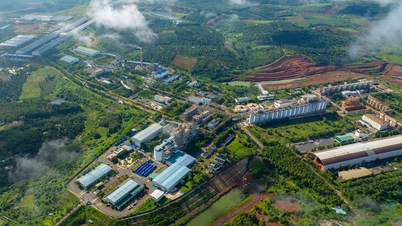

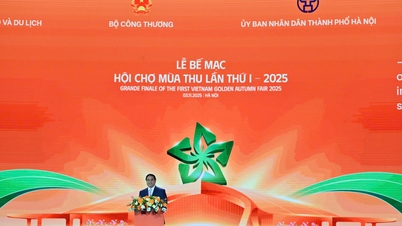

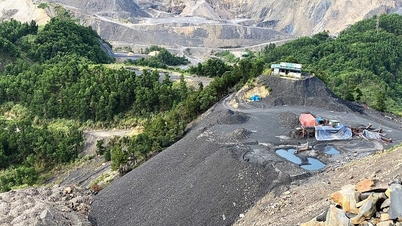
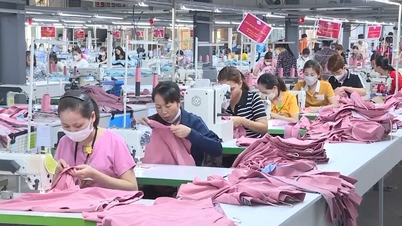



























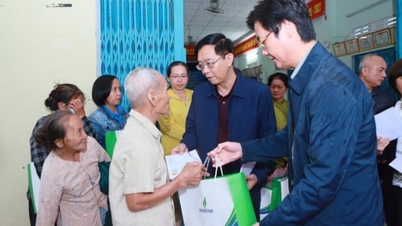










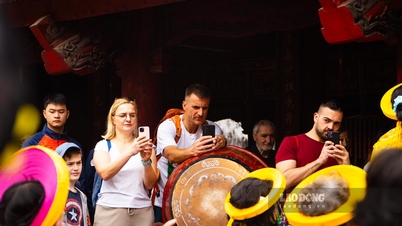

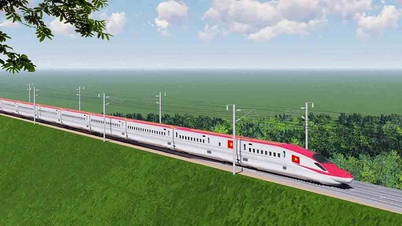
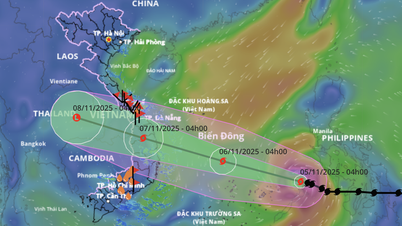

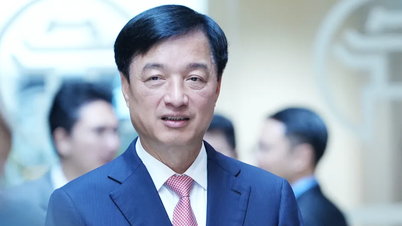

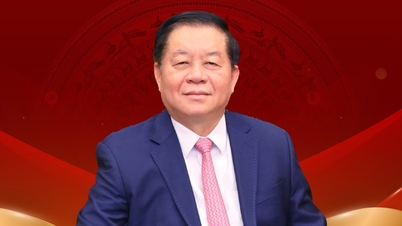



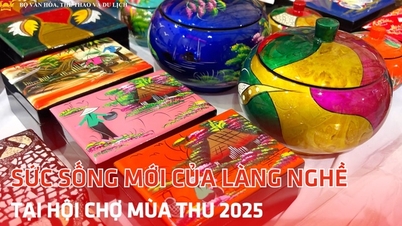

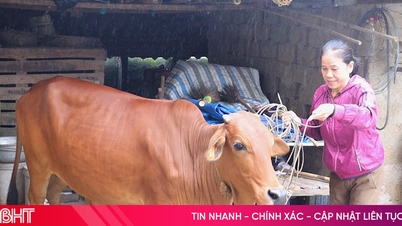



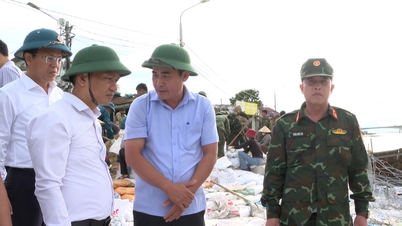



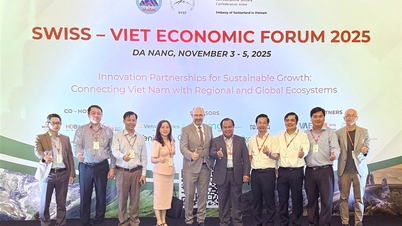












Comment (0)